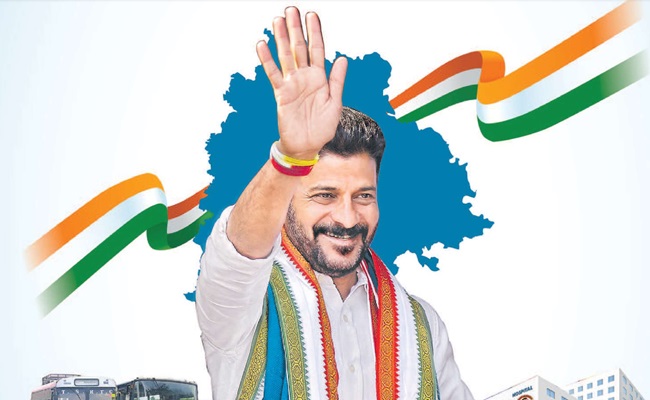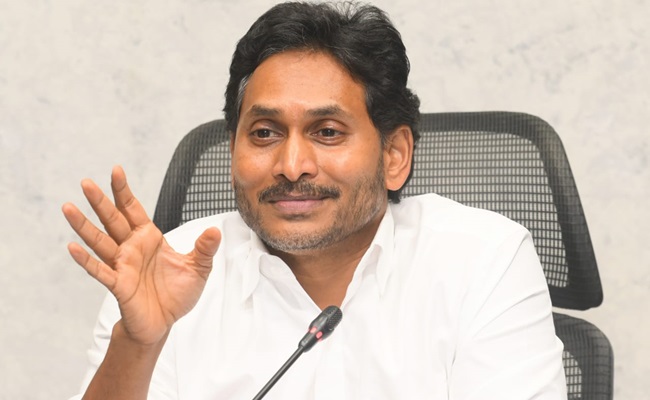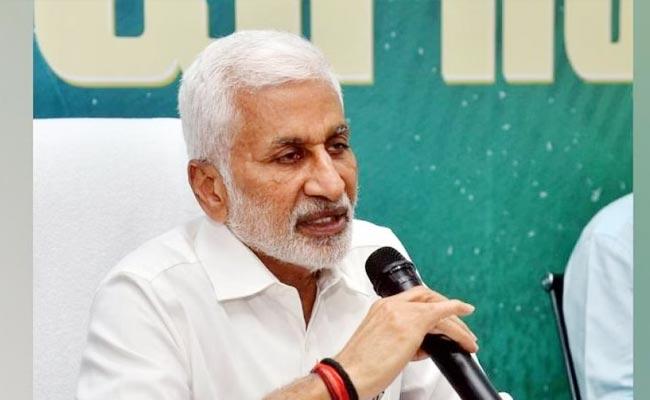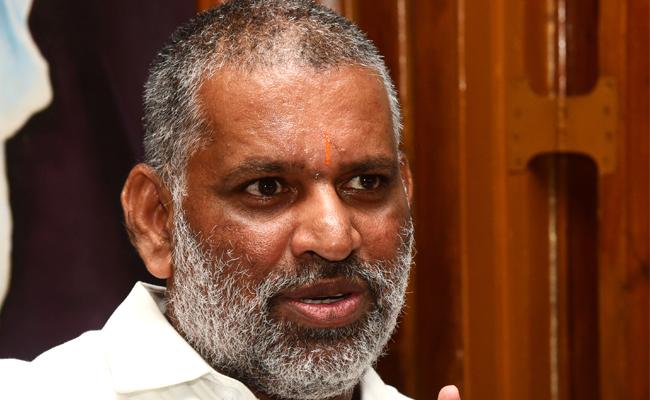
As the Congress government in Telangana completes its first year on Saturday, a retrospective indicates a period of challenges, struggles and fightbacks by a leader – A Revanth Reddy - who was able to consolidate his hold over the state and the party despite lacking experience as an administrator and facing an onslaught from the opposition.
If the Congress party, which was fraught with internecine battles among the seniors, could come to power defeating the nine and a half years old Bharat Rashtra Samithi led by a political stalwart like K Chandrasekhar Rao (KCR) in the November 30, 2023 assembly elections, it was because of Revanth Reddy’s leadership qualities.
So, he has become a natural choice for the Congress high command for the chief minister post. But the task assigned to him was not so easy.
The party had secured only a slender majority – winning only 64 out of 119 assembly seats, with the absolute majority mark being 60.
With such fragile majority and a tough contest from seniors who were aiming for the CM post, it was a tight-rope walking for Revanth Reddy.
Having known the vulnerability of the Congress and the history of the Congress leaders pulling down their own governments in many states, there was an element of uncertainty over the survival of the Revanth government.
The BRS, which could not digest the people’s mandate was pinning hopes on this vulnerability of the Congress, besides the difficulties before the Revanth government in fulfilling its ambitious promises, many of which exceeded the state's financial capacity.
Yet, Revanth Reddy has successfully overcome all these challenges and ensured a stable government in the last one year.
He engineered the defection of 10 BRS legislators, besides winning one more seat in the by-elections, thereby increasing the Congress tally to 75, signalling a political resilience.
Another challenge faced by the Revanth Reddy was a precarious financial position which he had inherited from the BRS – the state was left with a debt of over Rs 7 lakh crore and there was no money even to pay salaries to the government employees, let alone implementing his six guarantees.
Yet, he managed to run the show. Not only that, he could ensure payment of salaries to the employees by first of every month, which was not the situation during the BRS regime.
Despite the constraints, the government delivered on certain key promises, such as the Rs 2 lakh crop loan waiver for 25 lakh farmers, free travel facility for women in RTC buses, supply of gas cylinders for Rs 500 for poor women and free domestic power supply for consumption below 200 units.
Social justice became a cornerstone of Revanth’s strategy. To placate Backward Classes (BC), Dalits, Scheduled Tribes (ST), and other marginalized groups, the government prioritized representation in party leadership and nominations for local and state-level positions.
The appointment of Mahesh Kumar Goud, a BC leader, as TPCC president was a significant step in this direction.
Despite these efforts, unresolved dissatisfaction among senior leaders and local cadres, particularly those sidelined for ministerial positions, remains a challenge.
The government’s inability to complete cabinet expansion has fueled frustration in some quarters.
On the political front, Revanth Reddy virtually put the BRS on the mat by ordering inquiry into the allegations of corruption in Kaleshwaram projects, power deals, Formula-E race, Dharani land dealings and above all, telephone tapping scam.
While the Delhi liquor scam implicating MLC K. Kavitha dented the BRS image, the total humiliation in the Lok Sabha elections forced BRS chief KCR to go into a shell in his farmhouse.
But Revanth Reddy’s inexperience and his overzealousness to establish his own mark on the state politics has created troubles for him.
His hasty decisions like establishment of HYDRAA to demolish illegally built houses, forcible eviction of people from the Musi river bank in the name of beautification and acquisition of lands for a pharma project at Lagacharla in Vikarabad district backfired on his government.
These decisions gave an opportunity to the opposition parties - the BRS and the BJP – to bounce back and build up anti-government sentiment among the people.
CHALLENGES AHEAD
The upcoming local elections in early 2024 will test Revanth Reddy’s leadership anew.
The government must counter opposition campaigns while fulfilling pending promises, including appointing cabinet ministers and distributing nominated posts.
On the administrative front, the government has resolved to complete welfare measures like the Rythu Bharosa scheme, aiming to strengthen grassroots support.
Strategically, the Congress is positioning itself to counter the BJP’s aggression and KCR’s potential resurgence.
With mounting pressure from opposition parties and internal dissent, maintaining stability while implementing ambitious reforms will define his second year.
As the first-year ends, political analysts agree that Revanth’s leadership has brought a measure of stability to the state, but the real test lies ahead.













